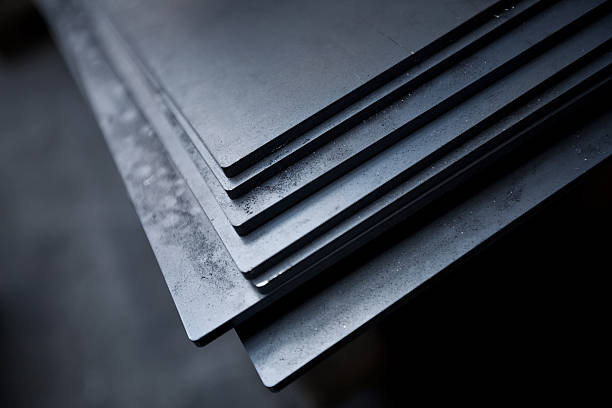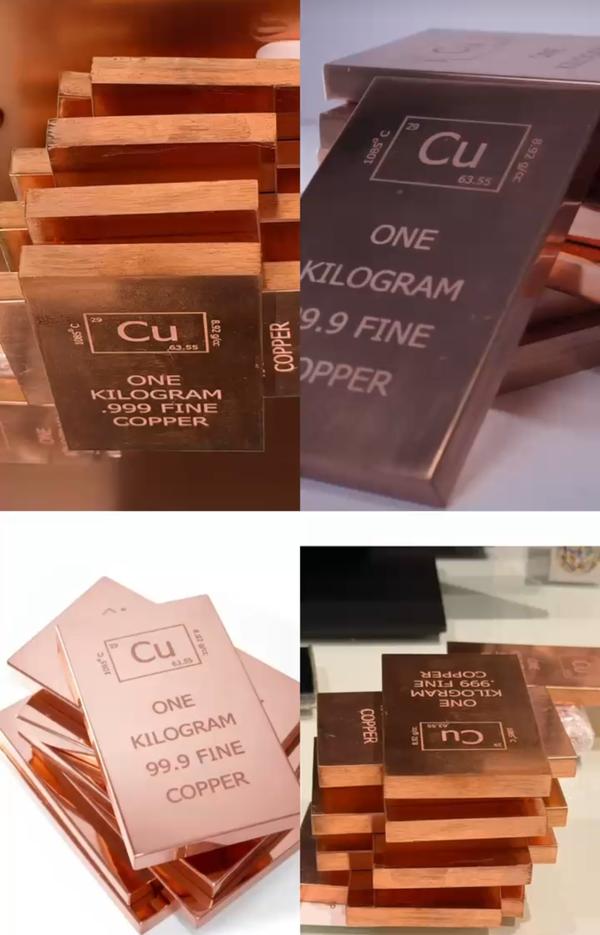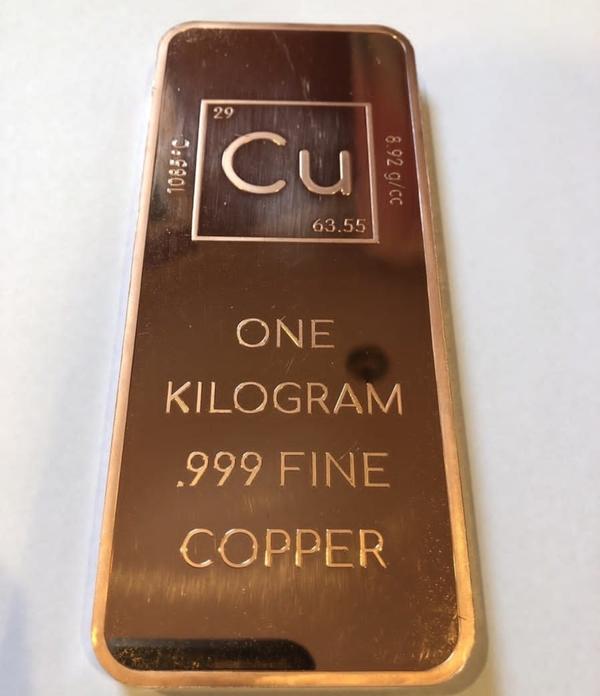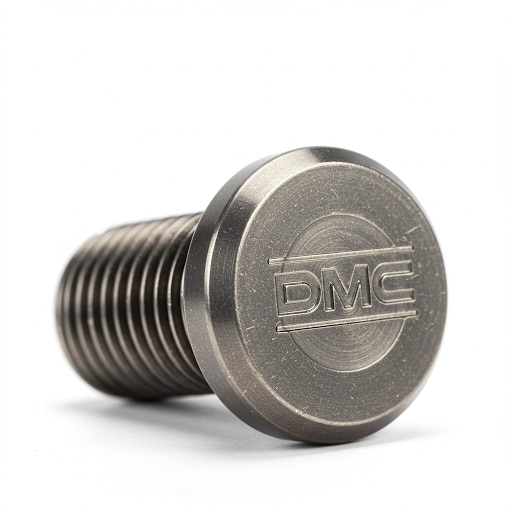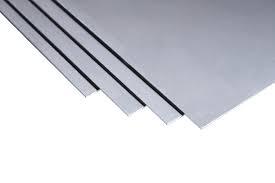Description
Product details
Titanium Grade 5, also known as Ti-6Al-4V, is the most widely used titanium alloy [1]. It's an alpha-beta alloy, meaning its microstructure consists of both alpha and beta phases. This combination gives it a number of desirable properties, including: High strength-to-weight ratio: Titanium Grade 5 is significantly stronger than pure titanium, but still lighter than many steels. This makes it a popular choice for applications where weight is a major concern, such as in aerospace and automotive components. Excellent corrosion resistance: Titanium Grade 5 is resistant to corrosion in many environments, including seawater, chlorides, and acids. This makes it a good choice for marine applications, chemical processing equipment, and medical implants. Good weldability: Titanium Grade 5 can be welded using a variety of techniques, but special care must be taken to avoid contamination. Moderate workability: Titanium Grade 5 is not as easily formed as some other titanium alloys, but it can be machined and shaped using specialized techniques. However, there are also some limitations to Titanium Grade 5: Higher cost: Titanium Grade 5 is more expensive than pure titanium or some other titanium alloys. Poor formability: As mentioned earlier, Titanium Grade 5 is not as easily formed as some other titanium alloys. This can make it more difficult to manufacture complex shapes. Not ideal for high-temperature applications: While it has some creep resistance, Titanium Grade 5 is not the best choice for applications that will be exposed to high temperatures for extended periods. Overall, Titanium Grade 5 is a versatile alloy with a good balance of properties. It is a good choice for a wide variety of applications where strength, weight, and corrosion resistance are important factors.


